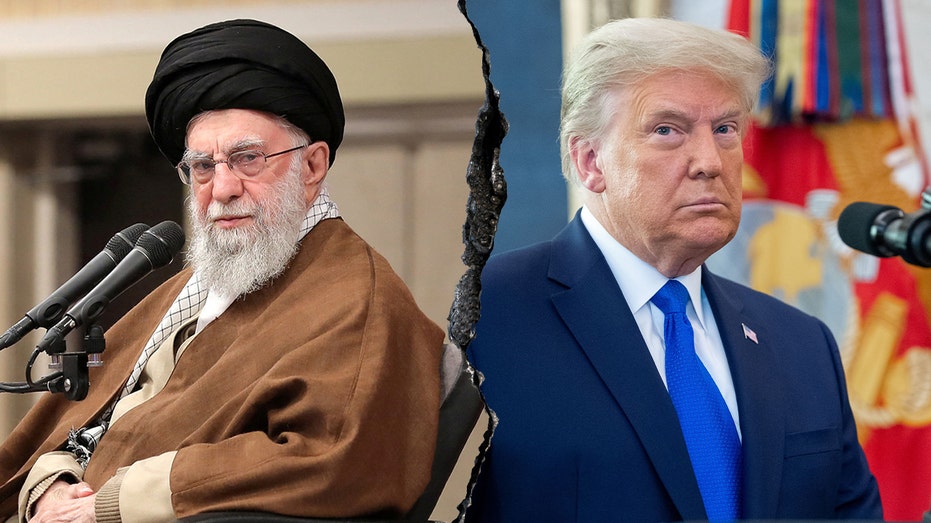Iran's Khamenei Rejects US Zero Uranium Enrichment Demand as '100% Against' National Interests
Iran vows to continue uranium enrichment despite US calls, citing national pride and sovereignty.

Iranian Supreme Leader Ayatollah Ali Khamenei delivered a forceful response to recent U.S. demands regarding Tehran's nuclear program on Wednesday, firmly rejecting what he characterized as a call for "zero uranium enrichment" in ongoing negotiations. Addressing the contentious proposal, Khamenei labeled it as "100% against Tehran’s interests," escalating tensions between the two nations as diplomatic efforts continue through Omani mediation.
The future of Iran's uranium enrichment capabilities has emerged as a pivotal issue in the renewed nuclear talks. Speculation over the details intensified earlier this week after reports suggested that the U.S. had offered Tehran the possibility of maintaining "low levels" of enrichment—an apparent shift from its previous hardline stance. However, President Donald Trump appeared to dismiss any concessions on enrichment through a recent social media announcement, reinforcing Washington’s demand for an end to all Iranian enrichment activities.
In his remarks, Khamenei accused the United States of seeking to render Iran’s nuclear industry effectively non-existent. "What the U.S. is demanding is that you should have no nuclear industry at all and be dependent on them," he declared, criticizing U.S. proposals that would see Iran obtain enriched uranium through a regional coalition rather than producing it domestically.
While acknowledging Iran’s openness to participating in such a regional enrichment scheme, Iranian officials dismissed the concept as an inadequate substitute for independent capabilities. They maintained that relying on external sources for nuclear fuel would undermine national sovereignty and energy security—even though nuclear power currently constitutes less than one percent of Iran's total energy consumption.
Despite rejecting the notion of a zero-enrichment policy, Khamenei did not shut down the prospect of continued negotiations with the United States. However, he reiterated that a complete ban on enrichment remains a non-starter for Tehran. "A nuclear industry without enrichment capabilities is useless, because we would then be dependent on others to obtain fuel for our power plants," he insisted, underlining the importance of self-sufficiency as a point of national honor.
The Supreme Leader went further, describing Iran's mastery of the complete nuclear fuel cycle as a remarkable achievement, saying, "The number of countries in the world that have achieved a complete nuclear fuel cycle is perhaps fewer than the number of fingers on a person’s two hands. We're capable of producing nuclear fuel starting from the mine and all the way to the power plant."
Although Iran has repeatedly declared its nuclear ambitions to be peaceful, its advanced enrichment activities—nearing weapons-grade levels—have alarmed international observers and led to increased scrutiny by bodies such as the International Atomic Energy Agency. The scale of Iran’s nuclear program, combined with the development of ballistic missile technology, continues to raise fears in Western capitals that Tehran could rapidly move toward developing a nuclear weapon capability if it chose to do so.
Khamenei’s latest comments rank among his most fiery on the subject, casting renewed doubt on Iran’s assurances to the global community. Addressing Washington directly, he said, "You Americans possess atomic bombs and have the massive destruction of the world at your disposal. What business is it of yours whether the Iranian nation should or shouldn’t have uranium enrichment or whether it should or shouldn’t have a nuclear industry?" He added defiantly, "Why are you interfering and trying to say whether Iran should have uranium enrichment or not? That’s none of your business."
This standoff sets the stage for further diplomatic wrangling as both sides hold firm to their positions, leaving the fate of the multi-year nuclear dispute uncertain and the prospects for breakthrough as elusive as ever.




